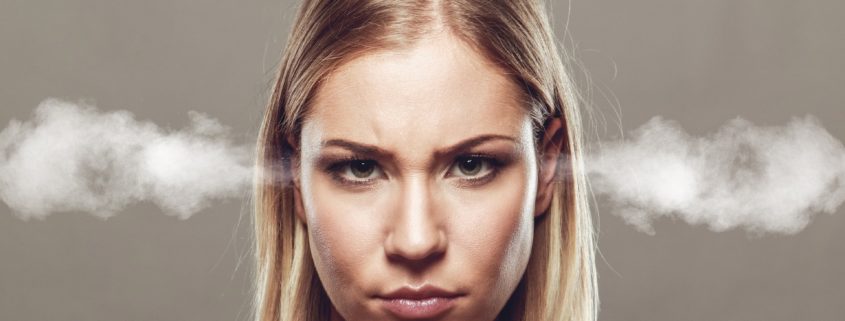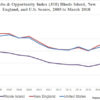Article 4, Cigarette Tax and the Make Believe World of Political Correctness
Our state government, always looking for schemes to grab money from our pockets, has recently also become subservient to political correctness. This year, the hysteria to punish everything tobacco-industry related, shows how the progressive world of make believe can wreak havoc on Rhode Island’s economy. Article 4 of the Governor’s proposed fiscal-year 2019 budget calls for yet another excise tobacco tax increase on cigarettes, to $4.50 per pack; a 534% increase since 2001, while pretending that there will be no adverse impact on low-income families or our state’s economy.
In the progressive-left fantasy world, all tobacco and vaping products would be abolished. But the reality is that tobacco products are legal, and tobacco users will continue to purchase related products at the lowest prices they can find.
Progressives pretend that poor Rhode Islanders would not disproportionately bear the burden of this regressive tobacco tax. In fact, low-income individuals use tobacco more often and spend more of their incomes on such products. This means less money for more-healthy items such as groceries, home heating, and other household goods.
Anti-tobacco fanatics also pretend that taxes on cigarettes are NOT a driving factor in determining retail store patronage, where smokers will also buy gasoline and other convenience items. It’s true, that to avoid high cigarette taxes, smokers will simply drive a few miles across state-lines and spend their money elsewhere. Many small business retailers, with almost one-third of their revenue derived from tobacco-related products, could be severely harmed.
Further, in their land of make believe, progressives fail to recognize the unintended consequence that high tobacco tax will also fuel an underground market of illegally smuggled and sold products. This real-life underground economy not only reduces state tax receipts, but leads to more illegal activity … with all of the associated costs of increased prosecutions and incarcerations.
Progressives also pretend that proven economic principles will not come into play; that the loss of disposable income, the retail sales losses, and the increased criminal justice costs would NOT further weaken our already fragile state economy.
They also pretend this added tax will give them more money to spend in the state’s budget. However, in the real world, the law of diminishing returns means that higher revenues from higher cigarette taxes are uncertain and unlikely. The total state intake from its 2005 cigarette tax of $2.46 per pack is virtually identical to its 2017 intake at $3.75 per pack, around $137 million per year. In reality, receipts actually decreased when the tax was raised, in many years.
Other related legislation this year is similarly based on make believe assumptions. Plans to increase taxes on vaping products, which are up to 95% less harmful than cigarettes for those who switch will not improve public health. Real-world research shows that high vaping taxes would disincentive use of “harm reduction” products that could dramatically improve societal health and decrease medical costs, including state Medicaid spending.
Dozens of such politically-correct inspired tax and regulatory policies, based on fantasy assumptions, have resulted in bottom 10 national rankings for our state when it comes to overall business climate, family prosperity, and population growth. Rankings that mean real Rhode Islanders are not realizing their potential. But the politically correct left cares to pretend such harms do not exist. Instead, they dismissively and exclusively care only about their own pretend agenda, while looking to punish anyone they don’t approve of.
It is our hope that state lawmakers, who still have time to think about the actual harm that higher tobacco and vaping taxes would cause, will make reality-based decisions later this spring. The real benefits of not increasing these taxes include; no new burdens imposed on the poor; the jobs and economic advantages of keeping RI retailers more competitive; the reduced criminal justice costs; a budget that does not rely on uncertain receipts; a society with fewer health problems; and the increased overall competitiveness of our state.
We do not live in a fantasy world. And the consequences of limiting or taxing free-choice … because some think they think they know better … mean that many others in the real world will be made to suffer.
This year, let’s stop making these same pretend and emotionally driven mistakes. When it comes to pretend thinking that it is a good thing to increase taxes on politically incorrect products, let’s put some reality-based thought into it for once.




Leave a Reply
Want to join the discussion?Feel free to contribute!